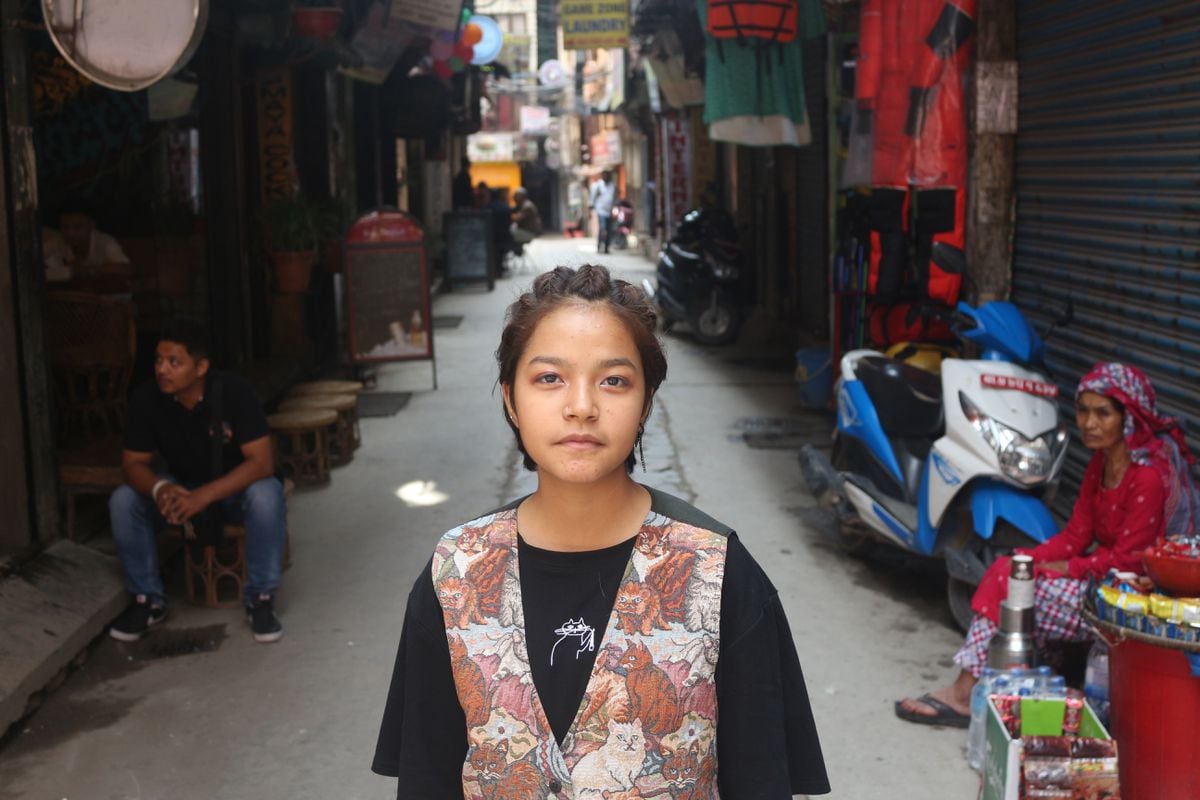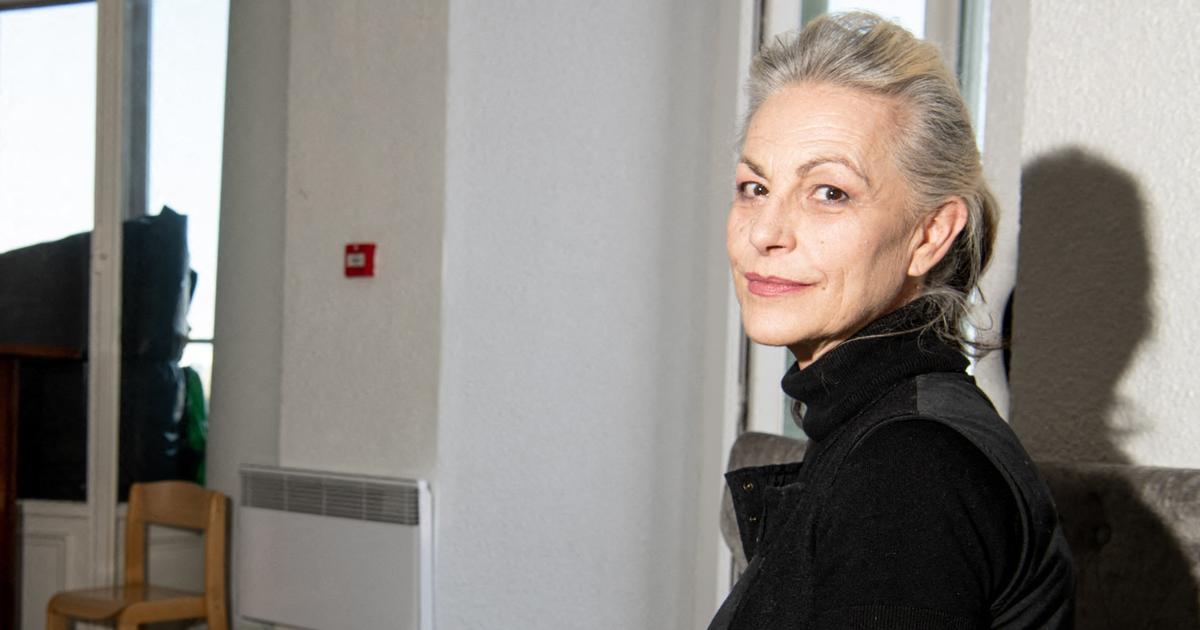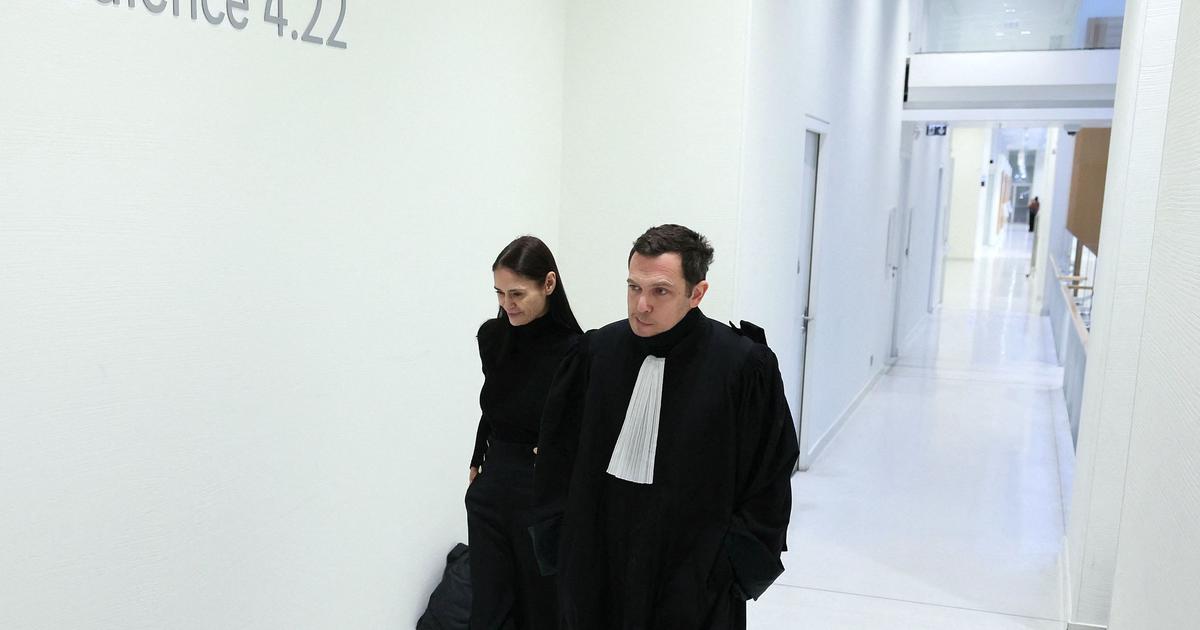“My father raped me when I told him I was a lesbian,” Sarita Khatri Chhetri listens on the other end of the phone, preferring to be identified only by name for security.
A 36-year-old bisexual woman, she is the executive director of the NGO Mitini Nepal, the first dedicated to defending the rights of lesbian, bisexual and transgender (LBT) women in Nepal.
This is just one of the many calls for help she receives each week as she works at her office in the heart of Kathmandu, the country's capital.
Nepal became the first country in South Asia to decriminalize homosexuality after the approval of the 2015 Constitution. But LGTBI activism denounces the lack of coherence between the laws and the equality stated in the fundamental law.
“Aggressions such as corrective violations are the order of the day, and that shows that we need to continue defending our rights.
Especially LBT women”, claims Khatri Chhetri.
More information
LGTBI: Transgressing the norm during the pandemic in Nepal
The visibility of lesbians and bisexuals in this country is much lower than other sexual orientations, says the activist.
Although this is changing.
In 2000, when homosexuality was still criminalized, the first openly lesbian Nepali couple, Laxmi Ghalan and Meera Bajracharya, led the formation of community support groups.
In 2005 they managed to register Mitini Nepal, which currently has more than 30 workers.
The discrimination described by Khatri Chhetri is what brought her to this organization 10 years ago.
"In adolescence I realized that she was bisexual, but I couldn't find words to define it," she recalls.
Her objective as part of the NGO is twofold: to support women in situations of violence due to their orientation or gender identity, and to achieve legal advances for the group.
Aggressions such as corrective violations are the order of the day, and that shows that we need to continue defending our rights
Sarita KG, Executive Director of the NGO Mitini Nepal
Khatri Chhetri has become one of the most important bisexual voices in Nepal, although this public visibility contrasts with her family life.
"I've been with my girlfriend for years, but I've never shared it with my family because they wouldn't understand," she says.
She leads a double life and avoids awkward conversations at home, where she lives with her parents and her brother.
For them, her girlfriend is just a friend and for now she will continue to be that way.
"Fighting for others is sometimes easier than fighting for yourself," she admits, with a wry smile.
According to the NGO Mitini Nepal, 53% of LBT women suffer social violence, 44% psychological violence and more than 30% domestic or gender violence.
But lesbian and bisexual women, along with other less visible identities, seem to be making their way into Nepal.
"That there are organizations that work with LBT women, that feminist projects include this perspective, or the growing empowerment of women are some of the factors that have made us more visible and allow us to move forward," underlines Sarita Khatri Chhetri.
Instead, she assures that bisexuals often suffer discrimination from the group itself.
“I have been told that my life is very easy because I can choose and many times I have feared losing my partners by coming out as bisexual.
The stigma exists inside and outside the movement”, she criticizes.
TikTok, an LGTBI school
For Prakriti Shrestha, a 16-year-old Nepalese lesbian, the social network TikTok was a lifesaver.
Confinement was an odyssey for many people in the group, but this was not her case.
On the internet, she found the stories and references that were missing in the school books.
"I saw that I was not the only one, I heard experiences like mine and even people who celebrated being LGTBI: that made me stop hiding and start being really me," she celebrates.
“In a subject on health they warned us that HIV was caused by homosexual relations and that it was best not to have them”
Prakriti Shrestha, Nepalese teenager
This young woman studied at a Christian school where, she says, sex is never talked about, and less so about the LGTBI community.
Shrestha denounces underrepresentation in educational content and stigmatization.
“In a course on health, they warned us that HIV was caused by homosexual relationships and that it was best not to have them,” she recalls.
Shrestha knew what she was hearing was serious, but she decided not to argue.
"I was afraid that they would take me to a psychologist or some conversion therapy," she says.
The lack of diversity education has also taken its toll on their peers.
“I have come to hear that if they see an LGTBI person they would beat him up.
And they know I'm a lesbian,” she laments.
The same is indicated by a recent study by the NGO Mitini Nepal, in which 56% of LBT women surveyed claim to have suffered violence.
None of this has managed to stop Shrestha, who does not miss a demonstration or hesitate to publicly claim her sexual orientation.
Her goal is to ensure that the following generations grow up with references.
“My life would have been so much easier if there had been more awareness and visibility,” she says.
The urgency of same-sex marriage
The approval of same-sex marriage is one of the priorities for the collective in Nepal.
According to Khatri Chhetri, for women it is even more urgent.
"Many live with her partner for 20 or 30 years and they wonder, what will happen if I die or if something happens to her?", She relates.
This became evident during the toughest months of the covid pandemic.
“During confinement, a woman asked us for help because her partner passed away and was financially dependent on her.
We need marriage to end this insecurity, ”she stresses.
For female couples, achieving economic stability is even more difficult: the gender gap in this South Asian country is 69%, according to the latest report from the World Economic Forum.
In Nepal, the idea prevails that marriage is only the union between a man and a woman, according to the
Being LGBT in Nepal report
.
Because social life revolves around family, many women have only two options: move away from their family or marry someone they don't love.
Nepal is among the top 20 countries in the world with the highest rate of forced marriages, according to the NGO Plan International.
Three years ago, Khatri Chhetri's mother wanted to force her to marry a man.
She refused.
The activist herself hopes that the Government of Bidya Devi Bhandari will give the green light to equal marriage, although she recognizes that this would not end gender roles and inequalities within the family.
“Nepal is a patriarchal country.
We will only end the sexual division of labor when we end the gender binarism”, she defends.
Sarita Khatri Chhetri has seen with her own eyes changes in Nepal such as the inclusion of the third gender in the population census, the decriminalization of homosexuality or the celebration of the Pride parade with thousands of people.
She now trusts that the Nepalese government and society are up to the urgent changes that lesbian and bisexual women need.
You can follow PLANETA FUTURO on
,
and
, and subscribe
to our 'newsletter'
here
.









